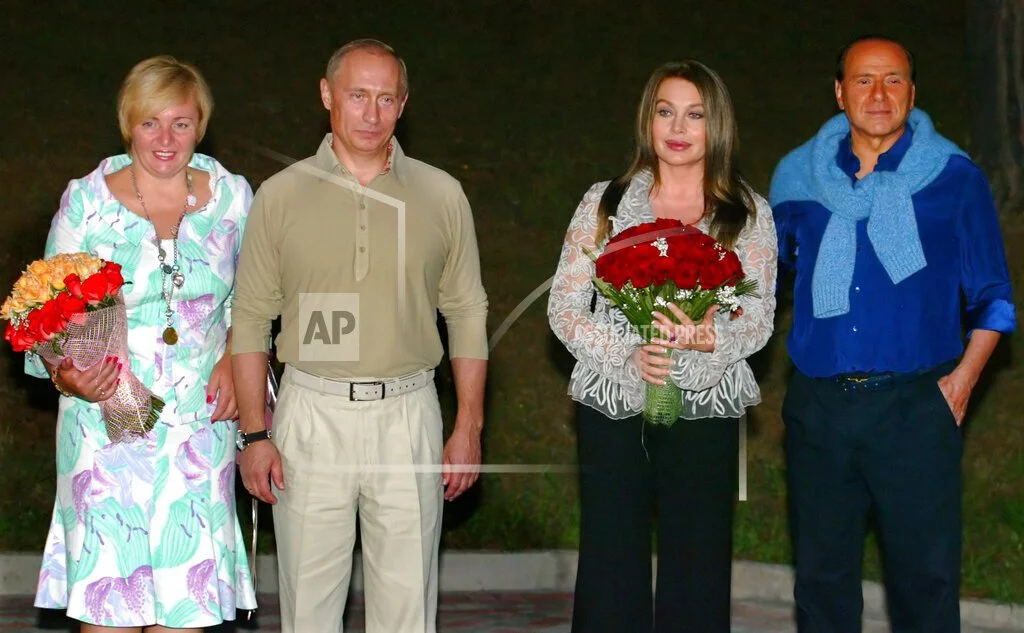Italy’s Fight Against Russian Aggression, on Two Fronts
Meloni reassures Italy’s support for Ukraine during her visit in Kyiv. Photo: Genya Savilov
On Feb 21st, Italian Prime Minister Giorgia Meloni visited Kyiv to discuss the ongoing conflict between Ukraine and Russia with Ukrainian President Volodymyr Zelensky. Despite her previous far-right, anti-EU rhetoric, Meloni pledged her support to Zelensky and promised to send more military aid to Ukraine, a policy that many EU nations have been employing for months.
However, Meloni’s support for Ukraine faces intense backlash from her own political alliance in parliament, specifically from former PM Silvio Berlusconi, who claims that Zelensky is the true instigator in the conflict and that if the Ukrainian president had “stopped attacking the two autonomous republics of the Donbas” then the war would not have happened.
In response, Zelensky stated during a joint press conference with Meloni that “Berlusconi’s house has never been bombed by missiles, never had tanks come to his backyard, no one has murdered his relatives. He never had to pack his suitcase at 3 a.m. to escape or his wife had to look for food” alluding to the former Prime Minister’s long-standing friendship with the Russian President.
In fact, Berlusconi was one of the few Western politicians invited to the Kremlin’s new year party. In the past, both leaders have visited each other's vacation homes and shared a strong public relationship.
Silvio Berlusconi visiting Putin at his estate on the Black Sea along with their respective wives. Sochi, Russia 2013. Photo: AP Photo
This presents a problem for Meloni on the international stage, as having influential allies in the government expressing anti-Ukrainian sentiments raises questions about Italy's stance in the conflict. Along with Silvio Berlusconi, Meloni faces backlash from Matteo Salvini, leader of the Lega Nord, another far right party in Italy. Salvini has criticized sanctions against Russia and is known to be an admirer of Putin.
However, Meloni’s biggest struggle comes from the Italian people, with only 40% approving sending weapons to Ukraine, one of the lowest percentages in Europe. This skepticism is likely due to the high energy costs the war has created. In fact, more than 62% of Italians are living off less than $2,000 a month, a stipend that cannot support families in a time of high inflation.
Among the economic chaos, it is Silvio Berlusconi who has found a way to take advantage of the crisis. Berlusconi’s words against Ukraine are not simply due to his friendship with Putin or the fact that he is an 86 year old man who does not understand what he says; rather he hopes to gain more political consensus from the majority of Italians who disagree with sending more military aid to Ukraine.
Even at his old age, the former PM, who was on trial over a prostitution scandal back in 2013 and other various money laundering schemes, is steadily making a comeback in the Italian government.
Unlike Meloni, Berlusconi is not afraid to stand by a very far right political agenda both domestically and internationally. The question remains on whether he can jeopardize Italy’s agenda on foreign policy.


